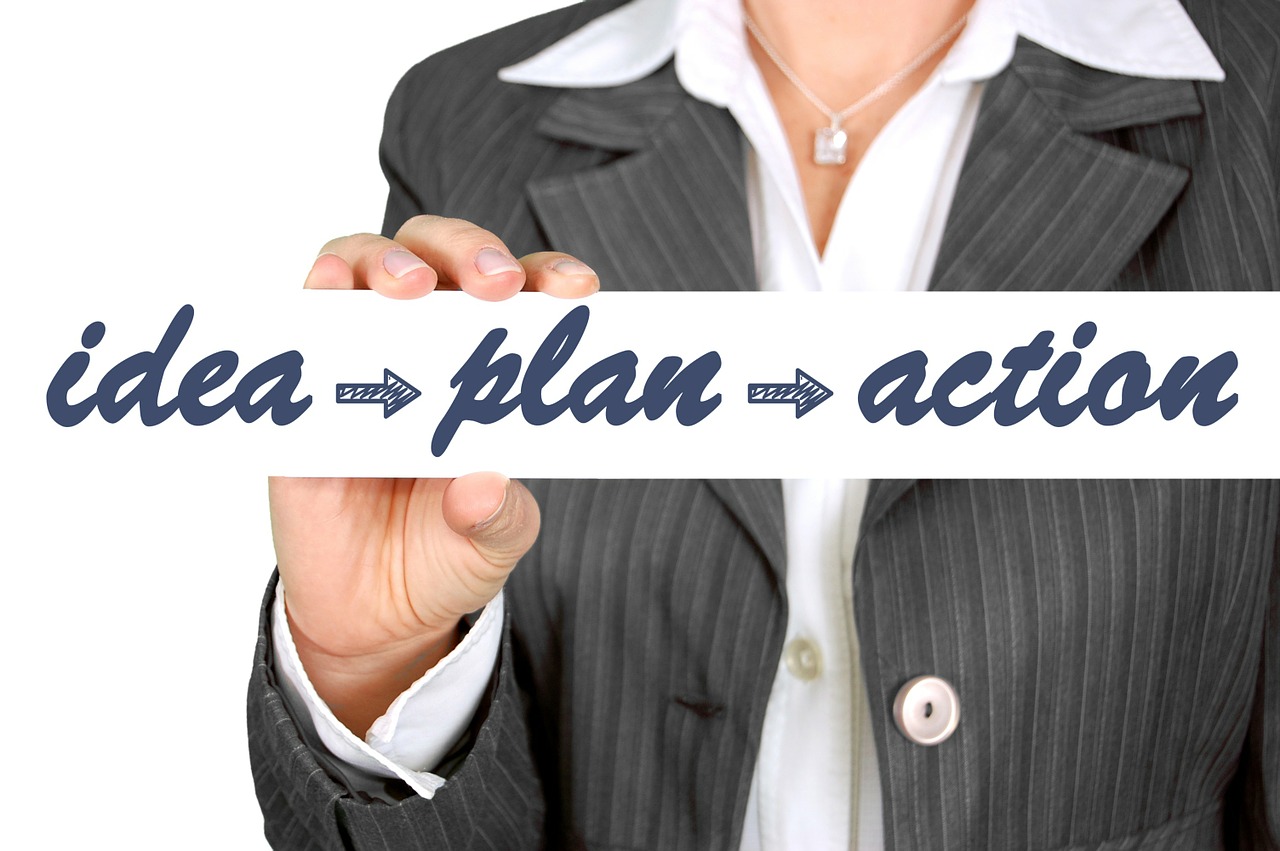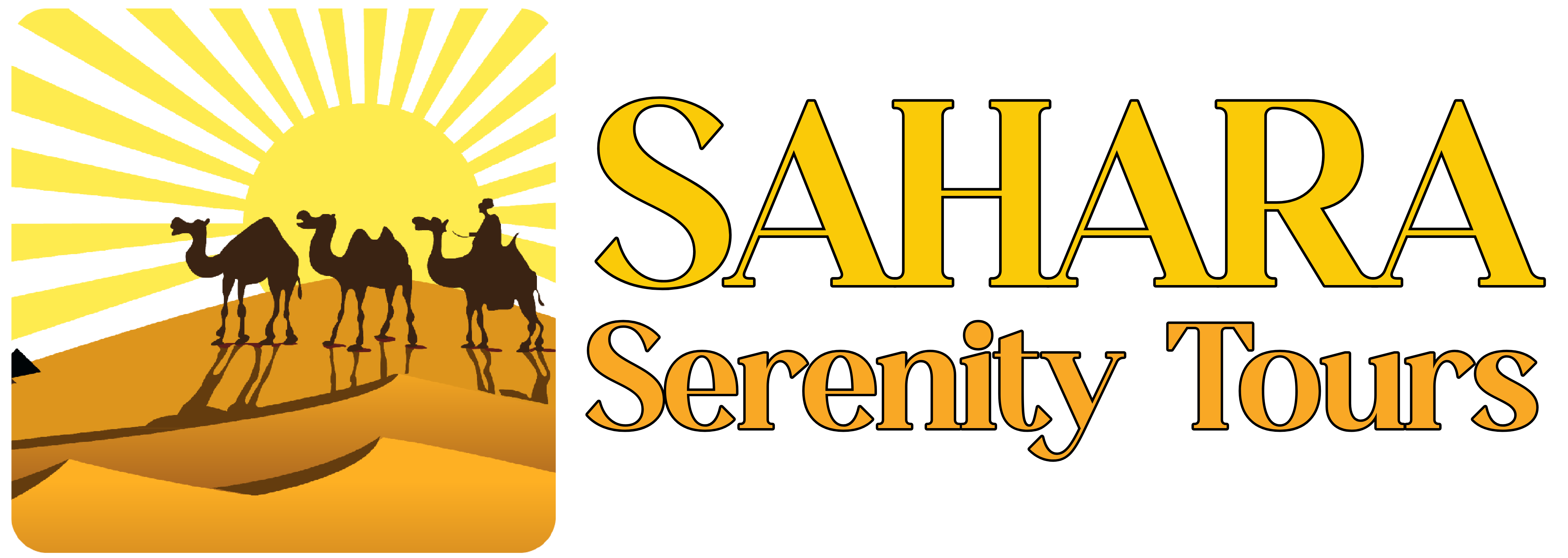
Let Sahara Serenity Tours team help you with your Moroccan dreamy tour
- Are you having trouble finding what you’re looking for?
- You don’t have any idea about what you want to do?
- Do you have your own itinerary in mind? What are some interesting places to visit and things to do?
- Do you have any specific requests (e.g., a special diet, medical attention, etc.)?
